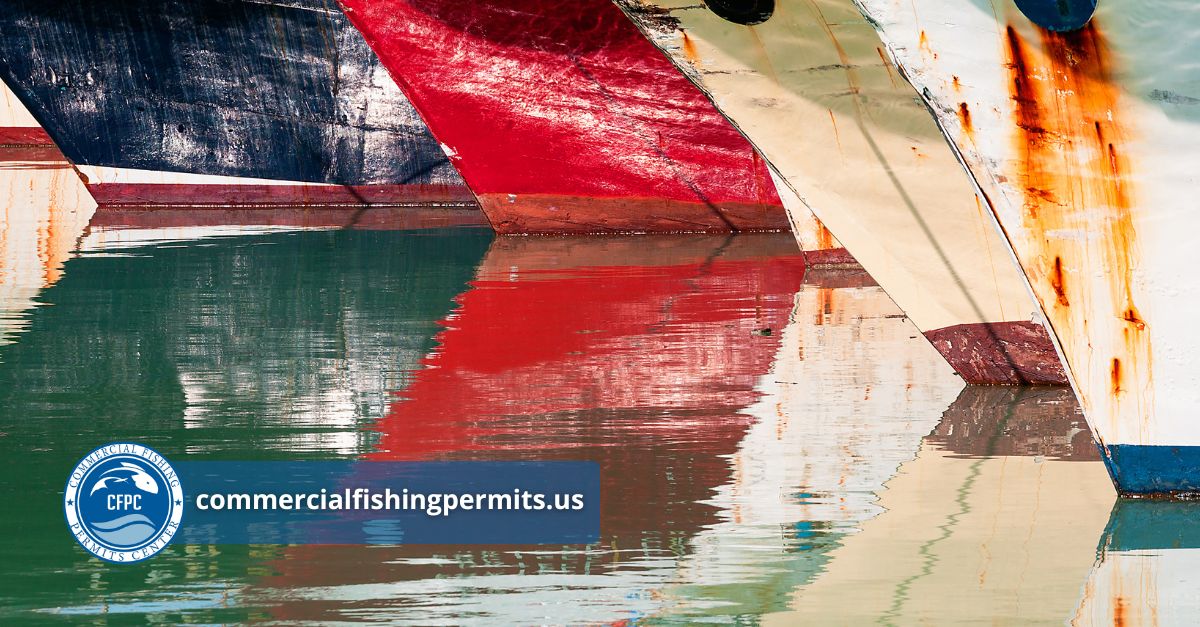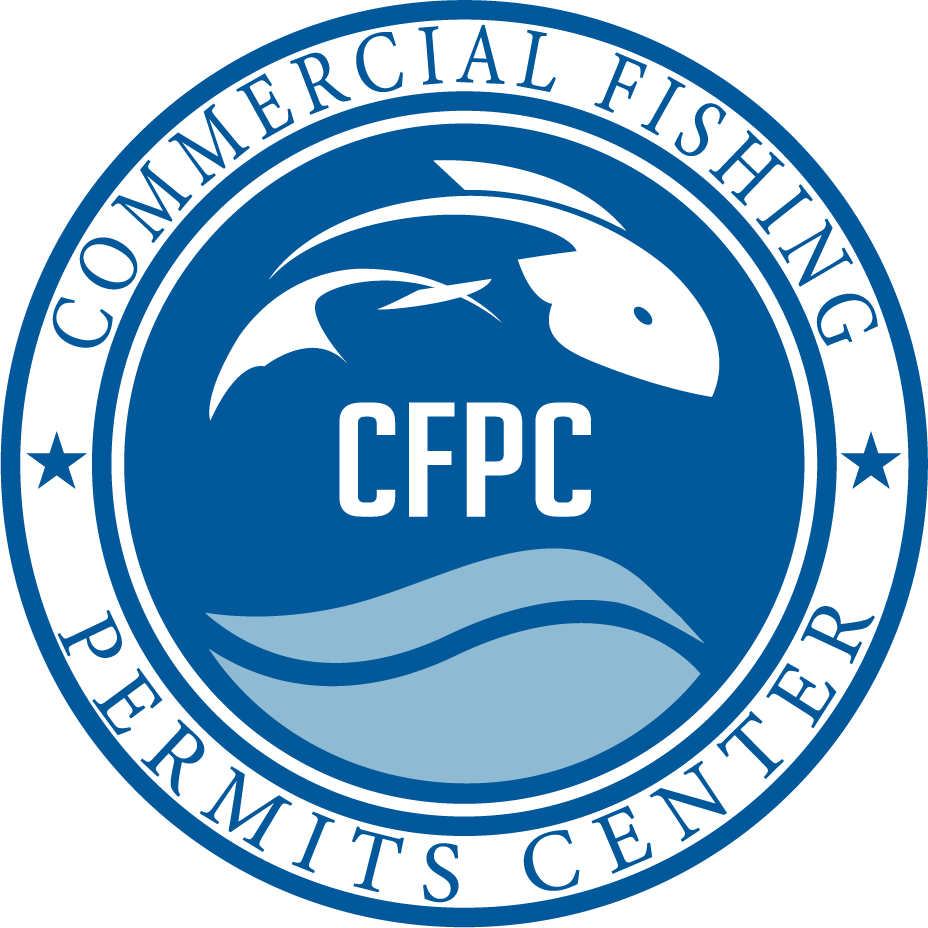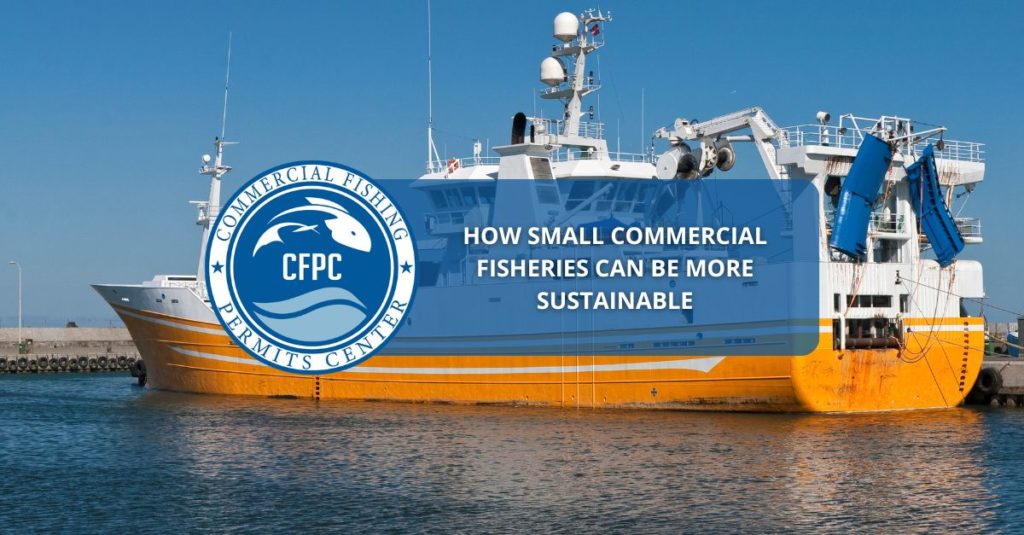Commercial fisheries are an important part of American commerce. After all, the fish you serve for dinner comes from somewhere and must be caught by someone before it makes its way to your kitchen table. For those who do the work, sustainability is a huge consideration, and many consumers also feel the nudge to buy fish that has been sourced in a sustainable and environmentally conscious way. So whether you are the fisherman or the buyer of the fish, these steps are those to be on the lookout for so that you can feel good about the fish you sell and the fish you eat.
Eliminate Bycatch
Bycatch is when species that aren’t the target are caught. This might be sea turtles or dolphins, but could also be other fish species. What often happens is that the bycatch dies. Efforts to reduce bycatch protect these other animals, without compromising the sale of the target species.
The “Good Fish Guide”
Outlined by the Marine Conservation Society, this guide helps fishermen conduct their business in a sustainable way, with tips and advice for methods of catching fish that are healthier for the environment.
All Commercial Fisheries Should Be Conscious of Plastic Waste
A lot of non-biodegradable plastic ends up in the ocean and both fishermen and consumers can stop that by recycling and making sure all waste is properly disposed of. Fishermen can also be more careful about collecting lost fishing lines and nets so they aren’t compromising the sea.
Protect Endangered Species
It’s very important to have regulations regarding fishing for endangered species. In fact, it might even be necessary to ban fishing for such animals. Fishermen must adhere to these rules to prevent the loss of entire species of ocean dwellers.
Lead-Free Fishing Gear
Lead fishing gear can be toxic to both ocean creatures and birds, so if you want to be sure of sustainability, choose other types of fishing gear and do your best to dispose of it properly when necessary. Consumers can look for fish that have been caught with equipment that is lead-free.
Marine Stewardship Council Certification Guidelines
Following these guidelines means using fishing methods that keep sustainability in mind and providing peace of mind to your consumers, who are increasingly shopping for fish from entities that have Marine Stewardship Council certification.
Reduce Use of Fossil Fuels
Fishing uses a lot of energy, with fossil fuels providing most of it. By taking measures to be more energy conscious, fishermen can meet the demands of eco-conscious consumers, while also protecting the fish in the ocean.
Be Green Business Certified
This means that your commercial fishing operation is certified as being more sustainable, as well as allowing you to measure and track your progress in sustainability efforts. This is beneficial for the ocean, but also makes your business more attractive to potential investors and customers.

Sustainability is a big job, but there are a lot of steps that small commercial fisheries can take to get on board with efforts to protect the ocean and its inhabitants. Want to know more? Contact the Commercial Fishing Permits Center today for guidance and resources.


No Comments
Be the first to start a conversation